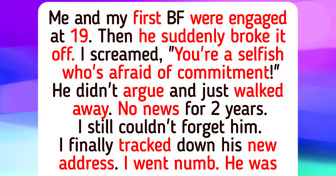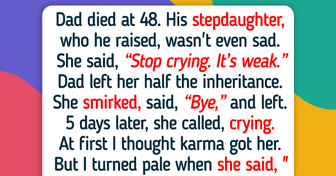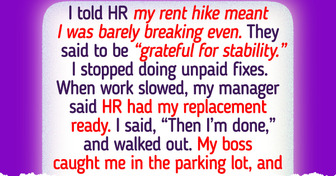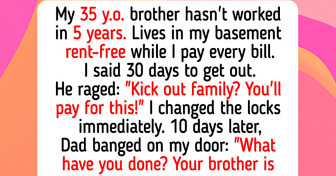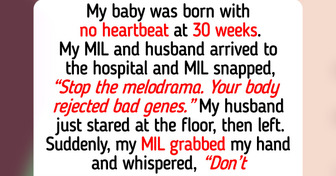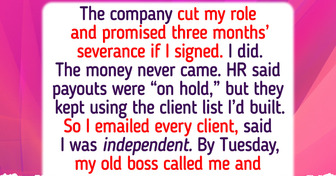Bright Side Readers Shared What Things Proved Their Parents’ Endless Love to Them
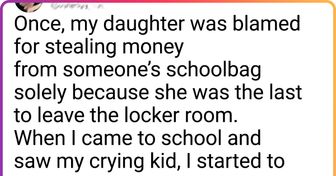
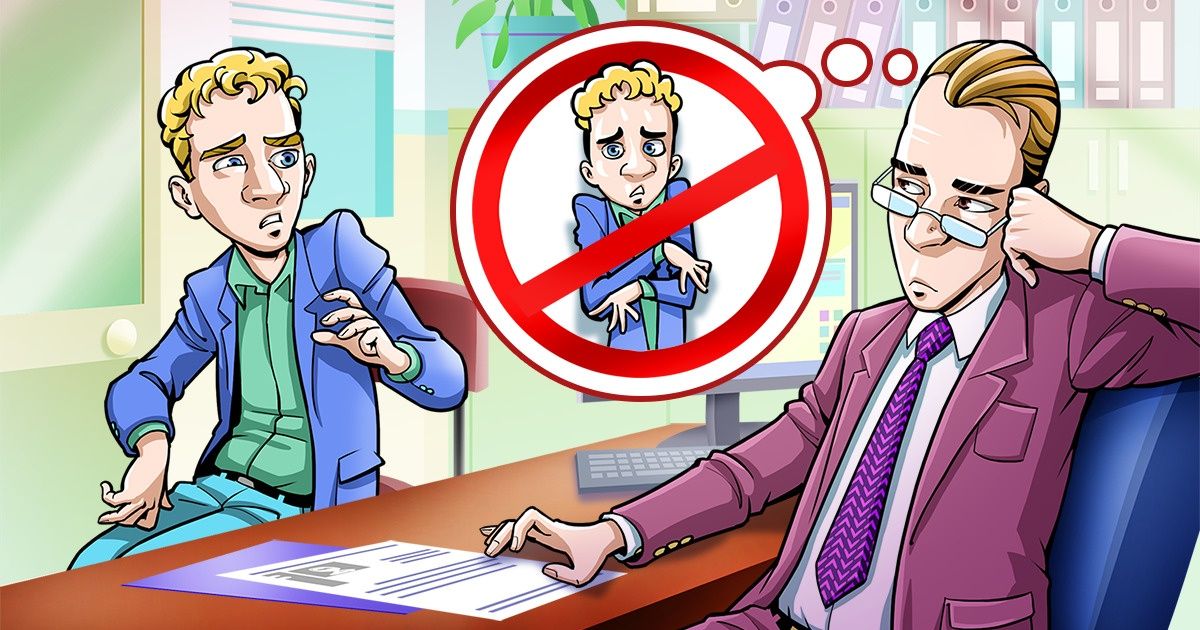
Many people are unaware that saying um or uh every few minutes can actually give the impression that you lack intelligence or confidence. That said, your choice of words can make or break a job interview. While psychology tells us that it takes a mere 7 seconds to create a first impression, what you say has the power to either keep up or refashion that impression.
We at Bright Side have gotten some pointers from HR professionals on speech quirks that can hamper your job application success, and what you can say instead to impress them.
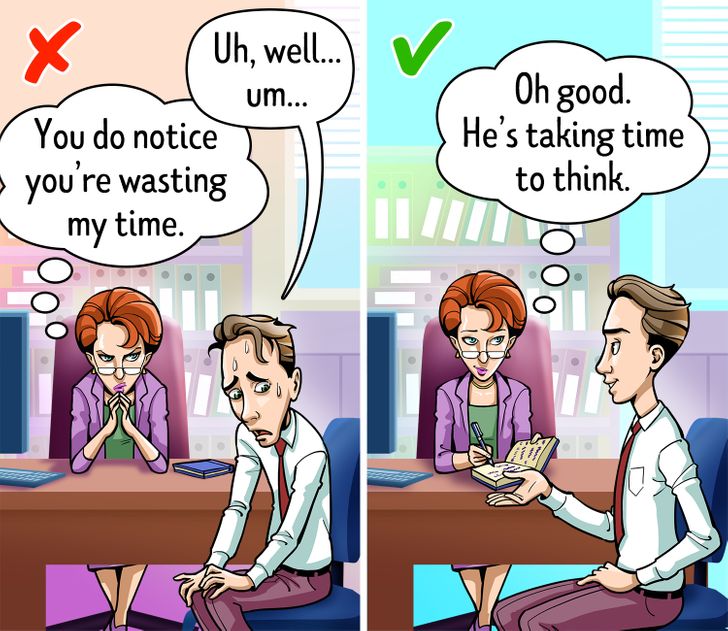
Although it may seem part of the norm for our everyday vocabulary, using “um” or “uh” shouldn’t be frequented during formal speech. Experts call words like um and uh, filler words or crutch words, which are used when we can’t really think of what to say. The repetition of these words can actually ruin your credibility, especially if you are eyeing a sales or PR job or any work that requires eloquent words.
What you can say instead: Take a pause. This will allow you to think of what to say next and it also shows your interviewer that you are giving your answer, reply, or words some thought.
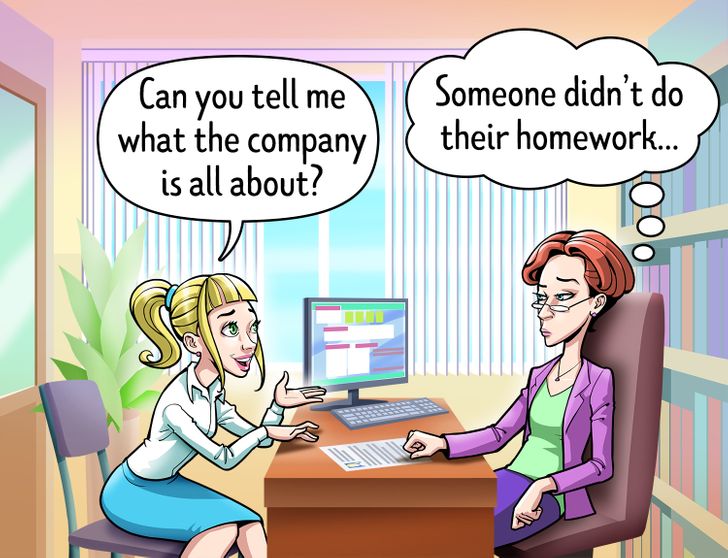
Asking a question about the company might seem like you are showing interest, but it more often than not can work against you. As an applicant for a certain company, it is your responsibility to do your own research. Doing your own research will show your interviewer that you are really interested in the company and that you took the time and care to get to know them before they got to know you.
What you can say instead: Are the specific or immediate projects that need to be addressed in the department (particular to the job that you are applying for)?
What are the company’s plans for growth in the next 3 years?
What does a typical day in the company look like?
Ask more specific questions that you can’t find the answers to on the company website.

Compensation plays a big role in one’s happiness in their job. However, mentioning salary figures and benefits should be avoided during the initial interview. The first interview is for you to show your potential employer who you are and what you are capable of bringing to the organization, and not what you can get out of them. You can bring up your concerns on salary if the interviewer brings it up or when the company gets back to you or during the second interview.
What you can say instead: I look forward to hearing more about your employee packages during our next conversation.
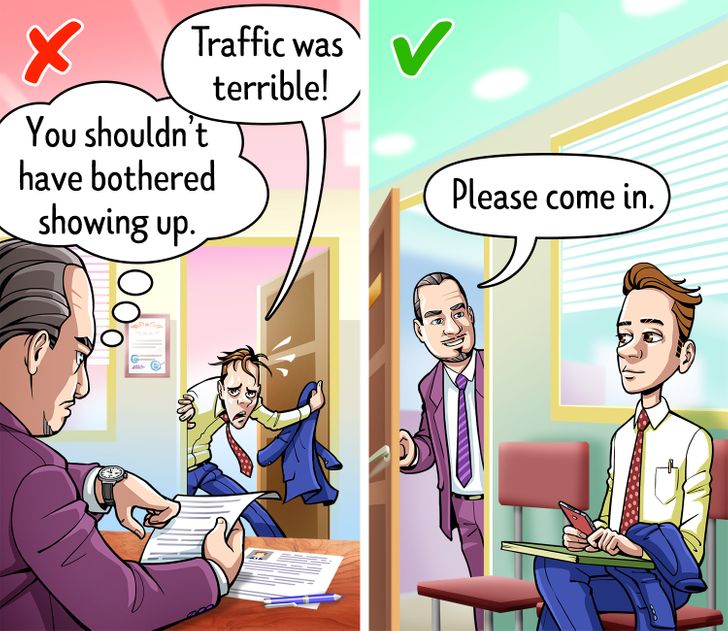
An immediate apology, even before the interview takes place, is something that should never happen in the first place. Being tardy to an appointment not only gives a bad impression to your interviewer, but it shows that you are inconsiderate of their time.
What you can say instead: Nothing. Just be on time!
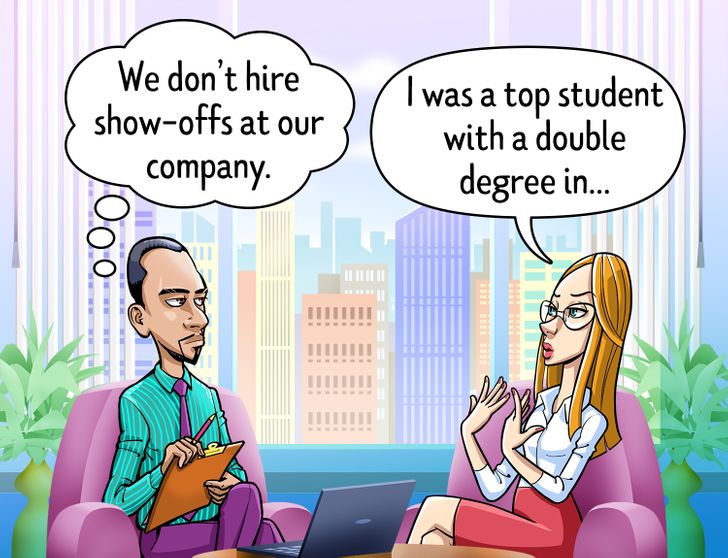
While it may be easy to flaunt your academic credentials, it is best to hold yourself back from bringing them up during an interview, unless your interviewer asks you about them directly. Remember that your degrees and certificates are already listed on your resume, so the interviewer already knows where you’ve studied and what honors you might have. It is also important to note that academics are just one facet that the company is looking at, they are also considering your experience, skill set, and you as a person.
What you can say instead: Wait for the interviewer to ask you about your educational attainment.
While I may have achievements in school, I have much more experience to gain when it comes to applying the theories of what I have learned. I look forward to sharing and learning at your company.
If you don’t have a degree, focus on your experience or strengths: Although I have no educational background in the x field, I have been in x position for x years and have done/achieved these things....
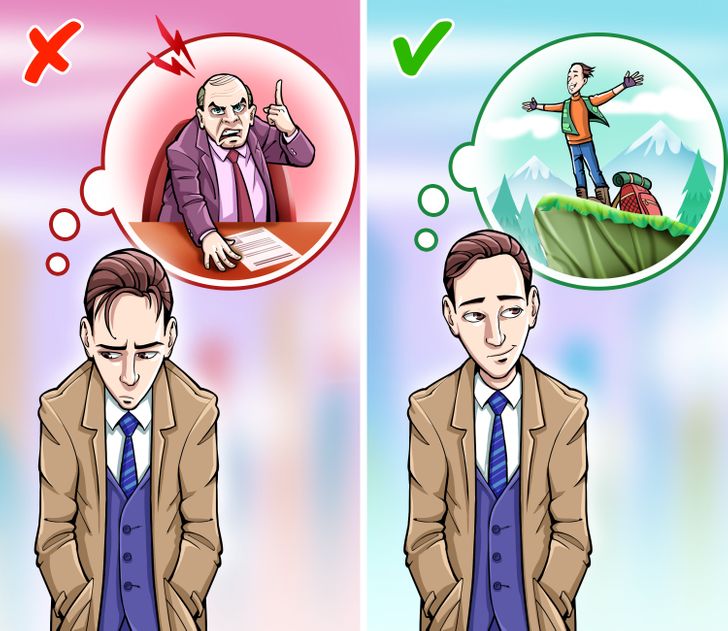
If it’s not your first time looking for a job, you might encounter a situation where your interviewer will ask about your previous job. If you left your previous job on bad terms or encountered bad experiences with your former employer, avoid bringing them up or bad-mouthing them. You want to show your interviewer the positive side of things and that you can overcome challenges. Bad-mouthing others can only hurt your application process and will be something you’ll regret later on.
What you can say instead: Unfortunately there was no career growth available to me at the company where I was previously employed.
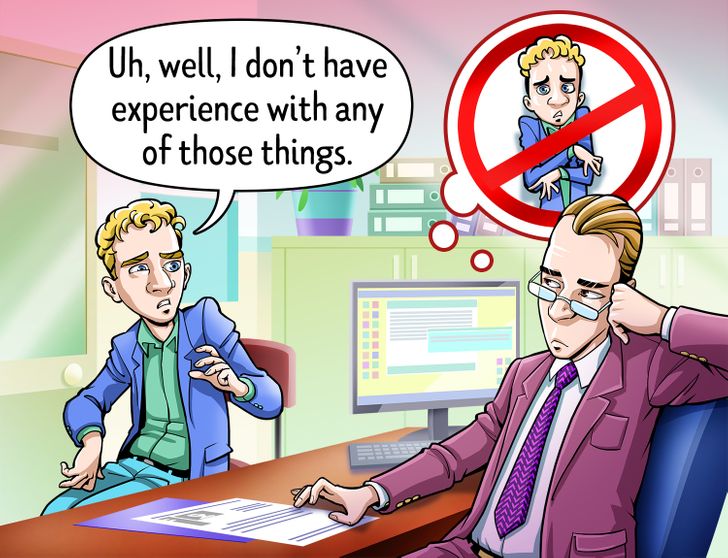
While honesty works to one’s advantage during an interview, being too honest and straightforward can give the recruiter doubts. If you are a fresh graduate or someone seeking a job that’s new, where you have no prior experience, it is best to highlight your strengths and skills, rather than your lack of experience.
What you can say instead: While most of my experience is in the x department, I have taken short courses and helped out my former managers with x.
During my years in undergrad, I was active in x organization, which provided me with some experience in x and doing x.
Being the eldest among 6 siblings with parents who were often working, I have developed traits of leadership, responsibility, and the ability to multitask, which I believe will be useful to the position.
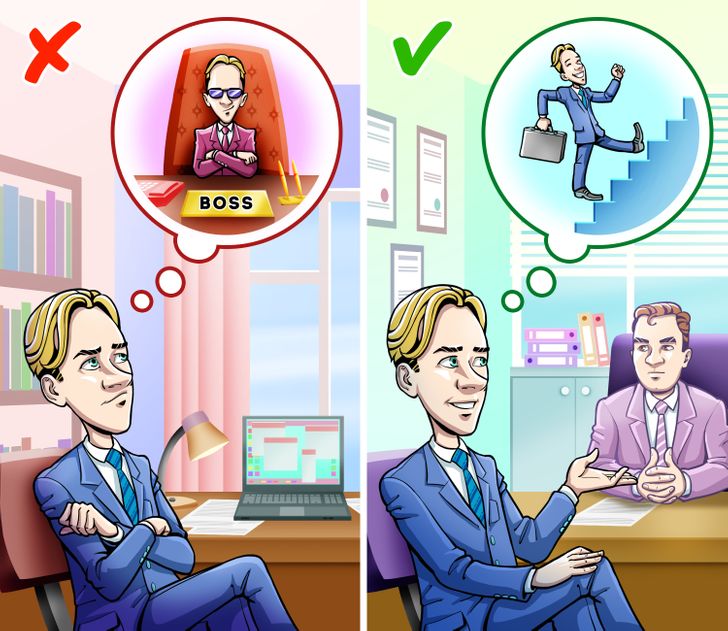
One of the questions that might be asked of you during your job interview is, where do you see yourself in 3 to 5 years? If you have a business mindset, don’t go off and reply that you want to be an entrepreneur or open your own business in the future. This kind of answer can immediately set your interviewer in the wrong direction. Why would a company hire you if you plan to leave anyway?
What you can say instead: If your interviewer asks you about your plans for the future, you can keep your answers general, but emphasize a long-term career with the company. If you are applying for an associate position, perhaps you can say, In 3 years’ time I can see myself as a manager, leading my team to success. Or an even more general answer, I can envision myself making my way up the organizational ladder in this company and increasing my knowledge and experience.
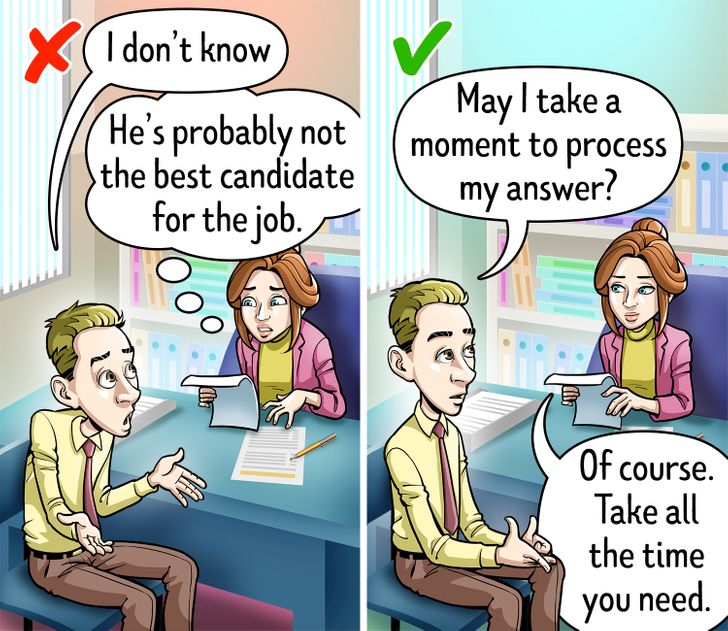
The stress and anxiety at a job interview can cause mental blocks, leading you to blurt out the dreaded I don’t know or I’m not sure during an interview. While a simple “I don’t know” may be viewed as honesty, your interviewer may view this as incapability. When faced with a difficult question, take a moment to breathe and calm down before opening your mouth to speak. If you really don’t know the answer, there’s another way to admit this other than I’m not sure.
What you can say instead: That is a good question. May I take a moment to think about my answer?
Thank you for asking, but I must admit that I am struggling to find an answer.
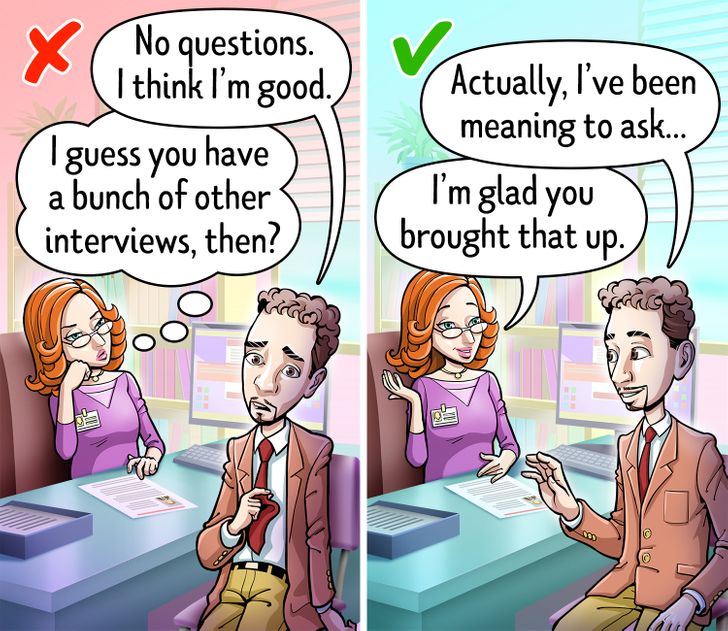
More often than not, before your interview ends, the recruiter will ask if you have any questions. As much as you want to get the interview over with, try to give in and endure the next few minutes by asking good questions. These questions stand as proof that you are interested in the company and show that you really want the job. It also gives you the opportunity to flip the cards, so you can ask the questions and have the interviewer answer.
What you can say instead: Yes, I do have something I’ve been meaning to ask... What are the biggest challenges that someone in this position would face?
As an employee in the company, what is the working environment here like?
Is there a specific skill set that you are looking for in an ideal candidate?
Before you walk out the door, don’t forget to thank your interviewer and mention that you look forward to hearing from them again. Remember, enter with a good first impression and leave with a good lasting impression.
Have you used any of these expressions during an interview? What are the challenges that you’ve faced when it comes to speaking to your interviewer?


